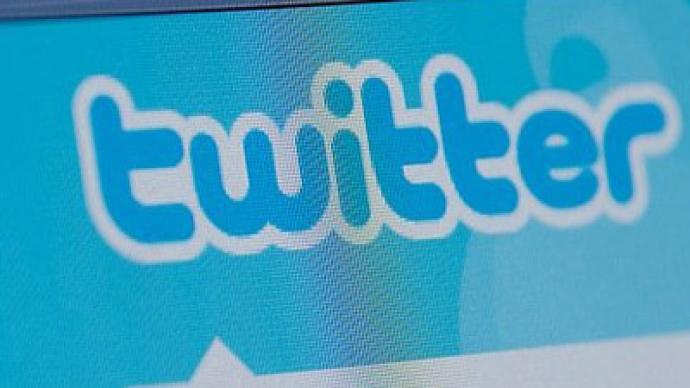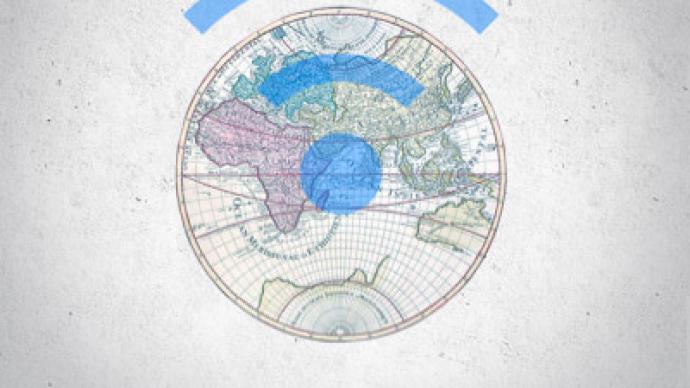In a flashpoint for online privacy and free speech in the United States, micro-blogging platform Twitter has been ordered by a court to release tweets relating to an Occupy Brooklyn Bridge march last year, which resulted in more than 700 arrests.
New York's district attorney ruled that Twitter should hand over three months’ worth of Occupy activists’ messages connected with an OWS protester arrested last year.The ruling comes in the case of Malcolm Harris, an active Twitter user, who has been charged with disorderly conduct during an Occupy protest last year.Manhattan district attorney's office has been after Harris' tweets, claiming that the messages posted point to the fact that he knew that police had ordered protesters not to walk on the Brooklyn Bridge's roadway.However, the defense team of the 700 Occupy members arrested during the October 1 march have hinted that the NYPD seemed to have escorted them onto the bridge before arresting them.The latest decision by Manhattan Criminal Court Judge Matthew Sciarrino Jr. is the second ruling that gives law-enforcers the right to subpoena messages posted through social media.Earlier in March, a judge ordered a company to hand over information about the Occupy Boston movement."If you post a tweet, just like if you scream it out the window, there is no reasonable expectation of privacy," Judge Sciarrino explained in his latest decision, reports Reuters.The judge rejected Twitter's argument that its users have an expectation of privacy under the Fourth Amendment.In response to the case, Twitter has said: "We continue to have a steadfast commitment to our users and their rights."But the prosecutors "look forward to Twitter's complying and to moving forward with the trial," Daniel Alonso, Manhattan's chief assistant district attorney told the Chicago Tribune.According to Twitter’s first biannual Transparency Report, the American government has appealed for information 679 times. That is more than the rest of the world combined. The social networking company obliged 75 % of the requests. Japan came in distant second with 98 requests and a 20% success rate.



